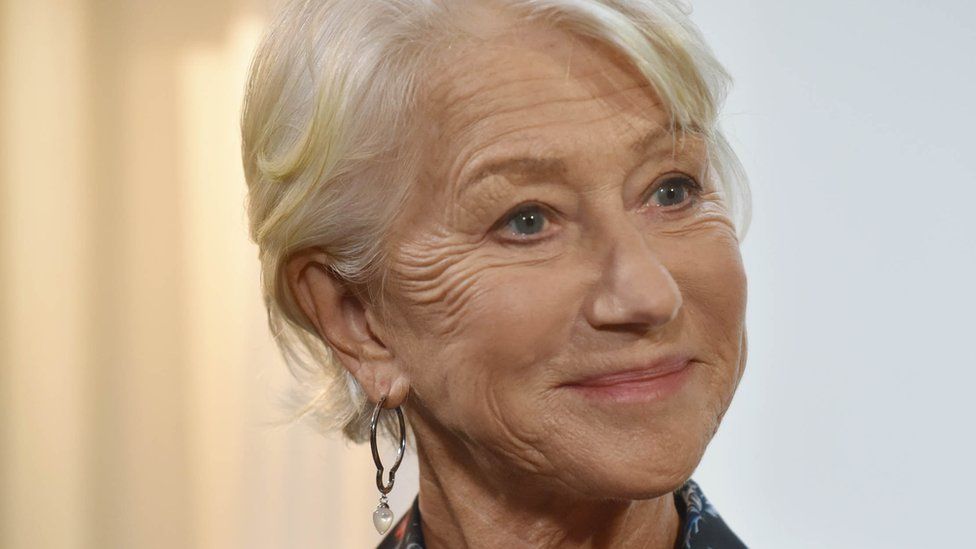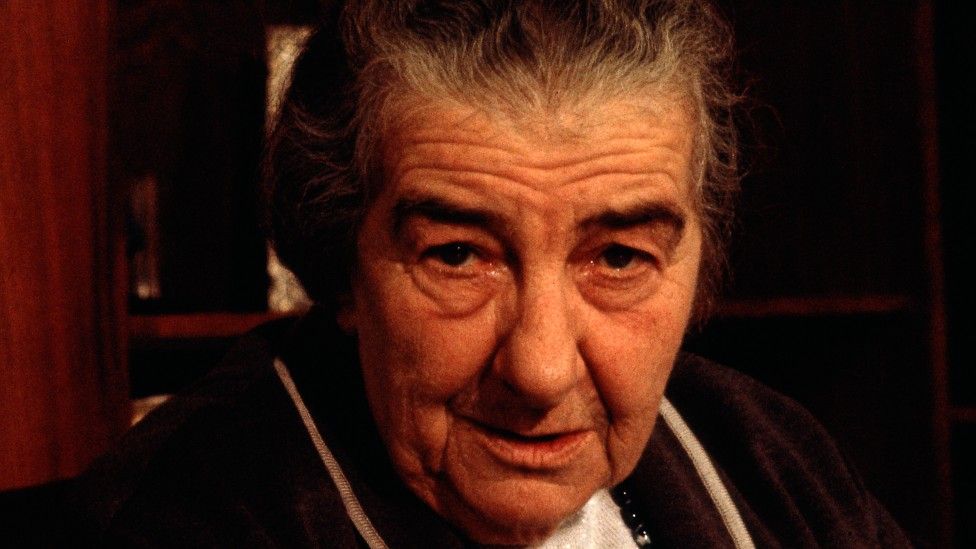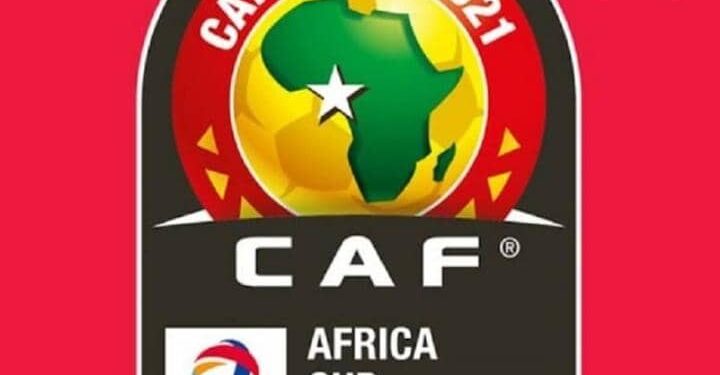Dame Maureen Lipman has questioned the casting of Dame Helen Mirren as the former Israel Prime Minister Golda Meir in an upcoming film about her life.
Dame Helen, who is not Jewish, will portray the politician – Israel’s first female PM – in the movie, titled Golda.
Dame Maureen, who is Jewish, believes the part should have been played by a Jewish actress.
The BBC has asked Dame Helen’s representatives for comment.
“The Jewishness of the character is so integral,” Dame Maureen told The Jewish Chronicle. earlier this week.
“I’m sure she [Dame Helen] will be marvellous, but it would never be allowed for Ben Kingsley to play Nelson Mandela. You just couldn’t even go there.”

In 1969, Golda Meir, known as “the grand old woman of Israeli politics”, became the country’s first female prime minister.
Meir’s story has been the subject of many fictionalised portrayals, on stage and on both the big and small screen.
Lioness, a separate Barbara Streisand-directed TV mini-series, set to star Israili actress Shira Haas as Meir, is also currently in the works.
Dame Helen recently took on the role while filming Guy Nattiv’s upcoming eponymous biopic.
After a first image of the British actress as the late politician was shared in November, she said it was a “great challenge to portray her at the most difficult moment of her extraordinary life.”
“I only hope I do her justice,” she added.
The Oscar-winner has previously played Jewish characters, appearing as a Mossad agent in the 2010 film The Debt, and as Jewish refugee Maria Altmann in the 2015’s Woman In Gold.
Dame Maureen, meanwhile, played the titular character’s mother in Roman Polanski’s 2002 holocaust and war memoir film, The Pianist.
Her criticism of Dame Helen’s involvement in the upcoming Golda film follows a series of similar comments by actors questioning what they believe to be inauthentic casting decisions.
Tamsin Greig, a practising Christian of Jewish descent, last month told The Daily Telegraph she “probably shouldn’t” have played a Jewish mother in the Channel 4 sitcom Friday Night Dinner.
Elsewhere, US comedian and actor Sarah Silverman recently called out actress Kathryn Hahn for being chosen to play Joan Rivers in a planned biopic – labelling the casting as “Jewface”.
 IMAGE SOURCE,BETTMANN/GETTY
IMAGE SOURCE,BETTMANN/GETTYIn the latest instance, however, Stephen Pollard, editor-at-large of the Jewish Chronicle tweeted in defence of Dame Helen. “I adore Maureen Lipman but she couldn’t be more wrong on this,” he wrote.
“The logic of her position is that the only character any actor can play is themselves.”
There has been lively debate about authentic casting in Hollywood for several years.
For example, some believe that gay, trans or disabled characters should only be played by gay, trans or disabled actors respectively, but others argue that the whole point of acting is portraying somebody you are not.
Dame Maureen made the news in December, when she told the BBC that comedy is in danger of being “wiped out” due to fears over being cancelled.
She told the corporation’s Culture Editor Katie Razzall she believes comedians are now so worried about offending, “a revolution” is taking place.






